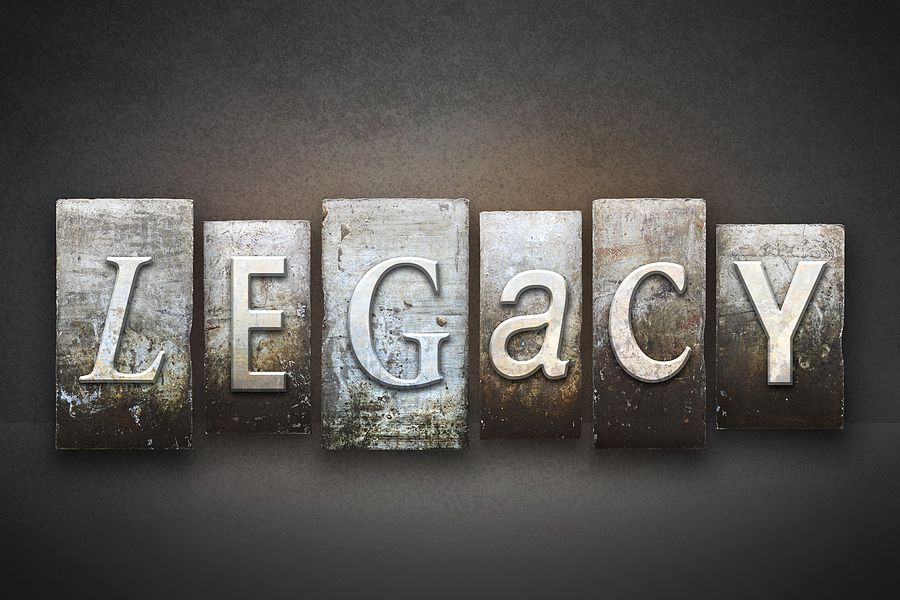The acquisition of wealth is a common aspiration for many individuals and families. However, wealth accumulation is not just about enriching oneself. There's another critical aspect often overlooked: the potential to use wealth to create a lasting, positive impact on society.
Here are some strategies individuals and families can implement to work toward using their wealth to leave a legacy that ‘does good’ for others.
Philanthropy
One of the most apparent ways wealth and legacy can intertwine is through philanthropy. Individuals or families can set up charitable trusts or foundations, contributing a part of their wealth to causes they are passionate about.
Whether it's funding education, contributing to medical research, or aiding in poverty eradication, philanthropy enables them to leave a legacy that translates into better communities and improved living conditions for those less fortunate.
Influencing policy and advocacy
Individuals and families also have unique opportunities to use their influence to bring about policy changes for the betterment of society. Using wealth and connections to advocate for policies that support social, economic, or environmental causes workstoward their legacy of impactful societal change.
Social and impact investing
Another strategy is to invest in businesses dedicated to social causes through social or impact investing. This type of investment involves supporting companies that align with one's values and contribute positively to the world. By doing so, investors not only receive financial returns but also help to promote innovative solutions to pressing social and environmental problems.
Creating employment opportunities
Wealth can also be used to create employment opportunities, thereby lifting many out of poverty and fostering economic growth. By investing in businesses, individuals and families use their wealth to generate jobs and enable these workers to work toward an independent future.
Establishing scholarship
Education is a powerful tool that can break the cycle of poverty. Individuals and families can develop scholarships to support students who may not have the financial means to pursue higher education. This investment in potential future leaders can have a profound ripple effect on society.
Nonprofit involvement
Aside from financial contributions, individuals and families can lend their time, skills, and expertise to nonprofit organizations. Board membership, volunteer work, or mentorship all provide valuable support to these organizations while allowing them to be actively engaged in their cause of choice.
Responsible consumption
Promoting and practicing responsible consumption is a subtle yet powerful way to do good. By supporting sustainable, ethical, and fair-trade businesses, individuals and families can influence market trends towards more responsible practices, thus creating a positive environmental and social impact.
Family foundations
A family foundation enables families to institutionalize their philanthropic efforts. It allows them to have a structured approach to giving, keep the family engaged across generations, and create a long-lasting legacy of social impact.
Legacy planning
Legacy planning goes beyond the standard estate planning. It involves creating a comprehensive plan so that wealth, philanthropy, and legacy align with an individual's or family's values, even after the benefactors are gone. This legacy can include leaving assets to charities, establishing trusts for societal good, or continuing family foundations.
In conclusion, wealth and legacy can be powerful tools for doing good. Utilizing wealth responsibly and strategically can help contribute to societal progress, allowing individuals and families to leave an enduring, positive legacy. Whether through philanthropy, social impact investing, advocacy, or legacy planning, individuals can work with financial, legal, and tax professionals to find a method that aligns with their values and passions.
Sources:
https://smartasset.com/estate-planning/charitable-trust-vs-foundation

